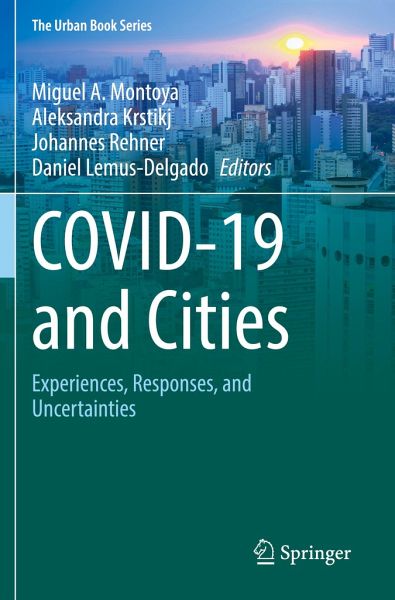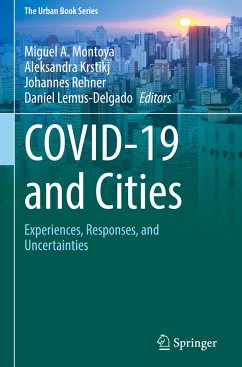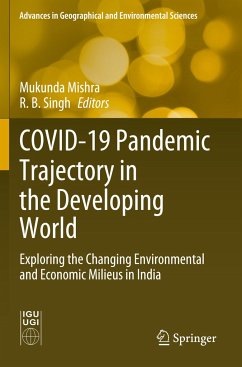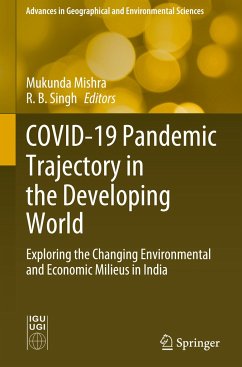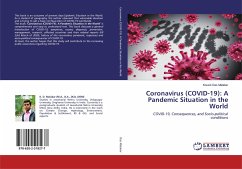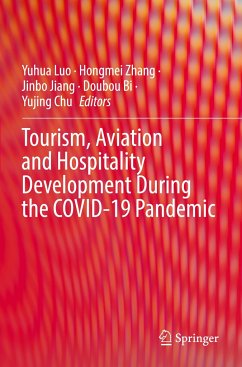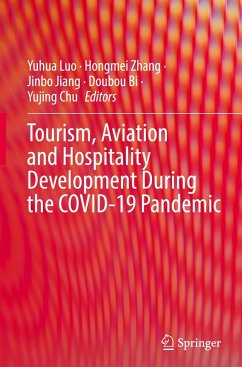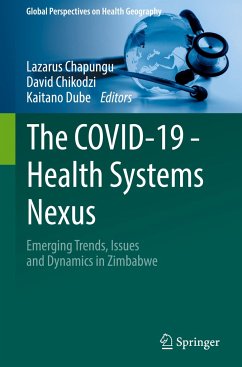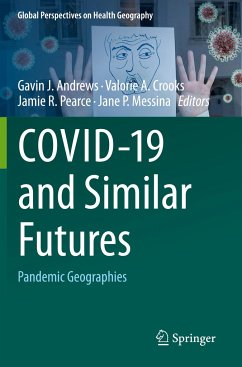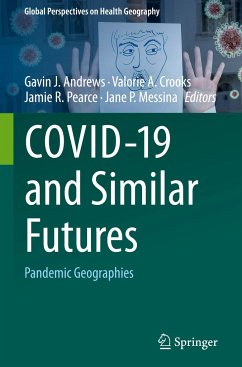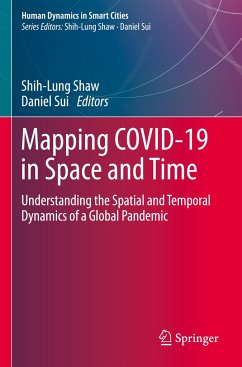Miguel A. Montoya has a Ph. D. in Applied Economics at the Universidad Autonoma de Barcelona, Spain. He is Tenure Professor in the Tecnologico de Monterrey, Mexico. He is part of the National Council for Technology and Science (CONACYT-Mexico), Mexican Science Academy and Academy of International Business, among others. He has published articles in academic journals and book chapters and he has participated in different academic conferences. He is coeditor of two Cambridge University Press' books: "Mexican Multinationals: Building Multinationals in Emerging Markets" (2018) and "Innovations for the Middle of the Pyramid in Emerging Economies" (2021), he also edited "China and Latin America Paths to Overcoming the Middle-income Trap" (2018) for Fudan Development Institute (China). Dr. Montoya teaches courses of International Economics and Business in Tecnologico de Monterrey and, as a visitor professor, at Darla Moore School of Business (University of South Carolina, USA),ESAN (Peru), Universidad de San Francisco de Quito (Ecuador), Instituto Ortega y Gasset (Spain), Burdeaux School of Business and Montpellier Business School (France). He is a founding member of the Fudan-Latin America University Consortium (FLAUC). ORCID: 0000-0002-5545-6334 Johannes Rehner is a full professor at the Institute of Geography of the Pontificia Universidad Católica de Chile and a member of the Center for Asian Studies (CEAUC). He studied geography at Ludwig-Maximilians-Universität Munich / Germany (he graduated in 1997), where he also obtained his PhD (Dr. Oec. Publ.) In 2003. He worked at Ludwig Maximilians-Universität in Munich as a researcher and full professor (Wiss . Mitarbeiter) from 1998 to 2003, and as assistant professor (Wiss. Assistant) from 2003 to 2007. Between 2009 and 2017 he was associate professor at the Institute of Geography, Pontificia Universidad Católica de Chile, and since 2018 he has been a professor at this University. In2019 he assumed the role of deputy director of the Institute of Geography. He also served as Director of the Center for Asian Studies, Pontificia Universidad Católica de Chile (2016-2020), and as a consultant to the United Nations ECLAC in Santiago de Chile (2008-2014). Participates in various international collaborations such as: the FLAUC network (led by Fudan University, China), cooperation with the University of Heidelberg (Germany) in the field of natural resource governance and risk, an international research project on responsible research and innovation in salmon farming with the Western Norwegian University of Applied Sciences and, in the past, a project with the Victoria University of Wellington (New Zealand) on ethical value chains. His main research topics are economic geography, Asian studies and sustainable urban development, and he participated in several research projects: as Associate Researcher at the Center for Sustainable Urban Development (CEDEUS; FONDAP No. 15110020; funded by the Research Council of Chile Conicyt; 2013 -2022); as principal investigator of a project on the local impacts of the export boom and the global crisis in Chile (regular Fondecyt no. 1150636; 2015-2018), and as principal investigator of a project on trade relations between Chile and Asia (regular fondecyt 1120660 , 2012-2014). He published numerous articles, book chapters and a book in the field of economic geography, relations between Latin America and Asia, urban economics and sustainable development. It has publications in indexed magazines (Scopus, among others) and book chapters in prestigious publishing houses. ORCID: 0000-0002-1513-0196 Aleksandra Krstikj is a full-time research professor at the School of Architecture, Art and Design of Tecnologico de Monterrey, Mexico. She is leading the national research group "Sustainable Territorial Development¿, where she organizes a monthly research seminar and coordinates research projects. She has a master's degree in architectural engineering from the Kyoto Institute of Technology and a doctorate from the Osaka University¿s School of Engineering. Her research focuses on sustainable land use, spatial equity and urban conservation of historic centers, with a total of 10 years research experience. She has active research collaborations with researchers from Design University Kobe (Japan), University of Colorado Boulder (USA), Zhejiang University of Finance and Economics (China), and UNAM (Mexico). She has published her work in the best international scientific journals such as Habitat International and the Journal of Asian Architecture and Building Engineering. Dr. Krstikj is a member of the National System of Researchers of Mexico and the Architectural Institute of Japan. Dr. Krstikj is coordinating the cluster Urbanism in the framework of Tecnologico de Monterrey¿s Think Tank Post Covid-19 focused on recovery and urban development post COVID-19. ORCID: 0000-0001-7919-0545 Daniel Lemus-Delgado has a Ph. D., Trans-Pacific International Relations, University of Colima, México. He is a member of the National System of Researchers, level II (period 2018-2021). He participates in the Pacific Economic Cooperation Council (Mexico Section), the International Studies Association, the Mexican Network for International Development Cooperation, and the Fudan Latin America University Consortium. At the present, he is an international associate researcher for the period 2020-2022, at Fudan University. Also, he is a professor of the School of Social Sciences and Government, Tecnologico de Monterrey. His research includes Foreign Policy, International Cooperation for Development, and Regional Innovation Systems focused on East Asia. ORCID: 0000-0003-1002-5319.
